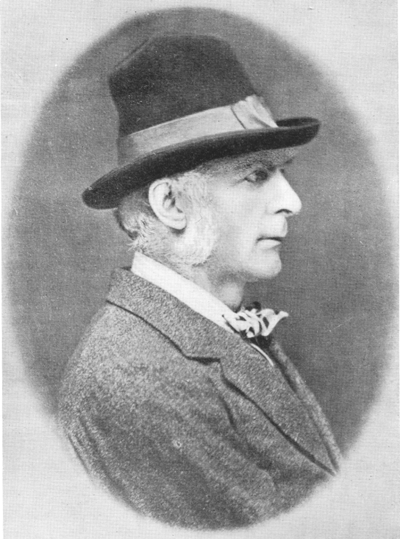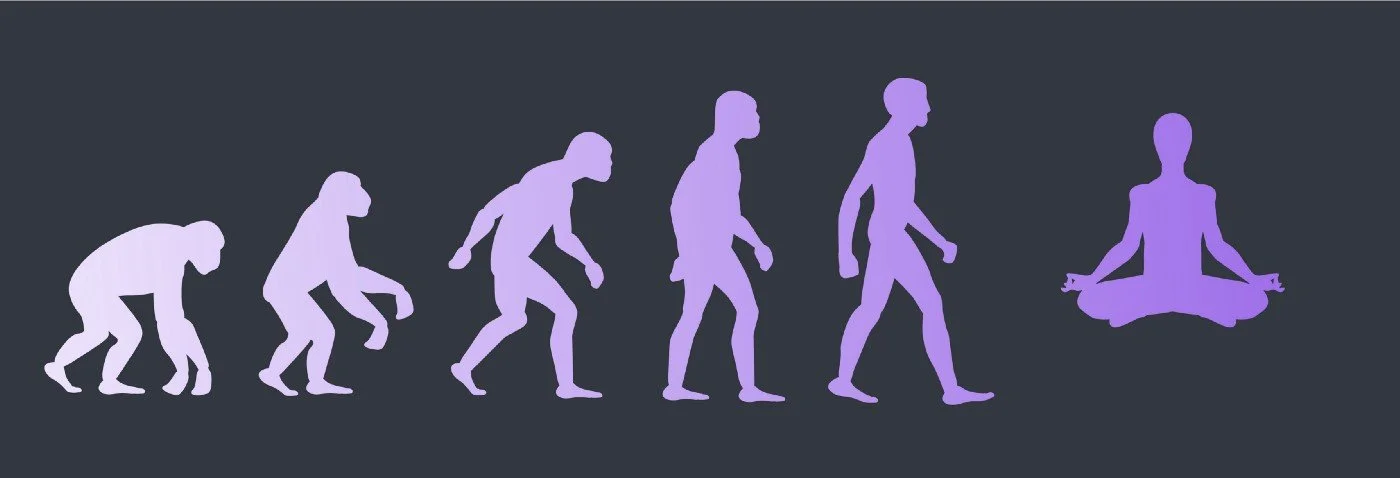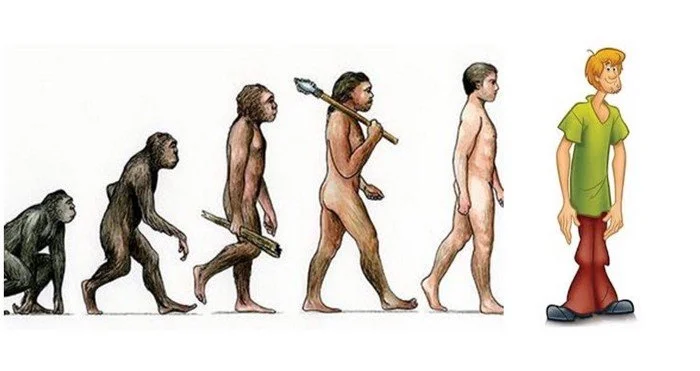On the 18th of January, 1874, a remarkable dinner party took place at the London home of Erasmus Darwin, older brother of naturalist Charles Darwin. The guests included Charles Darwin, the novelist George Eliot, a young classicist named Frederic Myers, and Darwin’s cousin, the statistician Francis Galton.
Read MoreThis is the third entry in the Spiritual Eugenics project.
In 1859, Charles Darwin published On the Origin of Species. It was an epochal moment for western culture. Darwinism challenged the old faith of Christianity, but it also created new faiths, new ‘science-religions’, new mutations of evolutionary ethics, politics and religion.
Read MoreBy eugenics I refer to a programme, launched in 1883 by Francis Galton, to improve the genetic quality of human beings, through negative eugenics (preventing those deemed genetically unfit from passing on their genes, either through voluntary or involuntary sterilization, confinement, or extermination) and through positive eugenics (encouraging those deemed genetically fit to pass on their genes more, through breeding with others deemed fit, or through donating their seed to ‘genius sperm banks’).
Read MoreTwo cheers for the work of Theodore Roszak, a Californian academic who died 10 years ago, and who is one of the more intelligent chroniclers of New Age spirituality. I’ve read four of his books now, and find much to admire in his prose. Encountering his work in New Age culture is like coming across a dapper gentleman in the heart of a steaming jungle.
Read MoreIt sounds like the stuff of comic books, but some very smart people have suggested homo sapiens would evolve telepathic powers. Now Silicon Valley technologists like Elon Musk and Mark Zuckerberg are betting billions on it.
Read MoreCan we develop an evolutionary ethics? Can we derive an Ought from the Is of natural processes? People have certainly tried.
Read More







